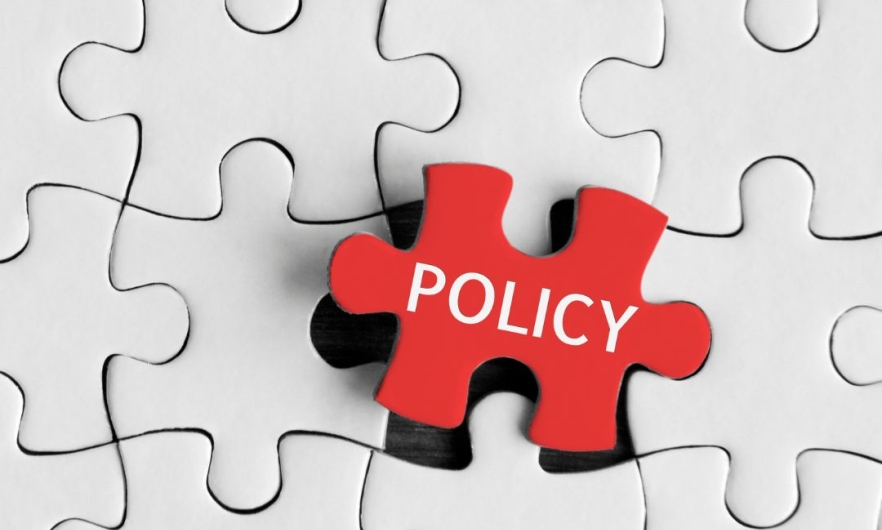Study Finds Health Notes Enhance Legislative Decision-Making
Continuous refinement and adaptation are necessary to meet evolving legislative needs and priorities

In an effort led by researchers at the Johns Hopkins Bloomberg School of Public Health, a study on the effectiveness of health notes in influencing legislative decisions has provided compelling insights into their utility and potential for improvement. Published online in the Journal of Health Politics, Policy, and Law, the research examined feedback from legislators, staff, subject matter experts, and practitioners involved in piloting health notes across various legislative jurisdictions.
The study, led by Stefanie Carignan, gathered perspectives from diverse stakeholders involved in the legislative process, highlighting strengths and areas for enhancement of health notes. According to the findings, most respondents found the health notes comprehensible and appropriately detailed. Legislative staffers noted the notes' clarity and depth, with one commenting, "It was the right amount of detail, and ... the [legislative] member was shocked that there were over 90 footnotes. That was a good sign it was well researched."
However, challenges were noted, particularly regarding the timing and format of the health notes. Respondents suggested introducing these notes earlier in the legislative process could enhance their impact, allowing policymakers more time to digest and utilize the information effectively.
The study revealed instances where health notes were pivotal in shaping legislative outcomes. For example, in Indiana, legislators shared the health note among peers, influencing votes and perceptions regarding proposed bills. This underscores the potential of health notes to bridge gaps in understanding between health implications and policy decisions.
Conversely, some respondents highlighted limitations in current practices, noting that health notes sometimes failed to align with the broader political discourse surrounding bills, thereby diminishing their impact. These insights point to opportunities for refining the content and delivery of health notes to better integrate with legislative timelines and priorities.
Respondents generally supported the methodological rigor of health notes, affirming their credibility and objectivity in assessing the health impacts of legislative proposals. Suggestions for future enhancements included expanding the scope of analysis to include the demographic-specific effects and incorporating more accessible formats such as executive summaries or infographics.
Based on stakeholder feedback, recommendations for enhancing the effectiveness of health notes included:
- Introducing health notes earlier in the legislative process
- Providing supplementary materials like executive summaries for easier comprehension
- Expanding the focus to include specific demographic impacts, particularly related to equity considerations
- Streamlining the review process to accommodate rapid legislative timelines
"While challenges exist, the research affirms that health notes represent a crucial step towards ensuring evidence-based policymaking that prioritizes public health outcomes," said Carignan. "By addressing feedback and implementing improvements, health notes can further empower legislators with vital information needed to promote health equity and informed policy decisions."
Despite the positive feedback, challenges remain in institutionalizing health notes within legislative frameworks. Potential barriers to widespread adoption included resource constraints and varying levels of legislative buy-in. Moreover, the study emphasized continuous refinement and adaptation of health notes to meet evolving legislative needs and priorities.
The research underscores the transformative potential of health notes in integrating health considerations into non-health policy domains. As the study transitions to Johns Hopkins University's new Health in All Policies Research Center, the findings will guide future efforts to enhance the utility and impact of health notes in legislative decision-making processes nationwide.




